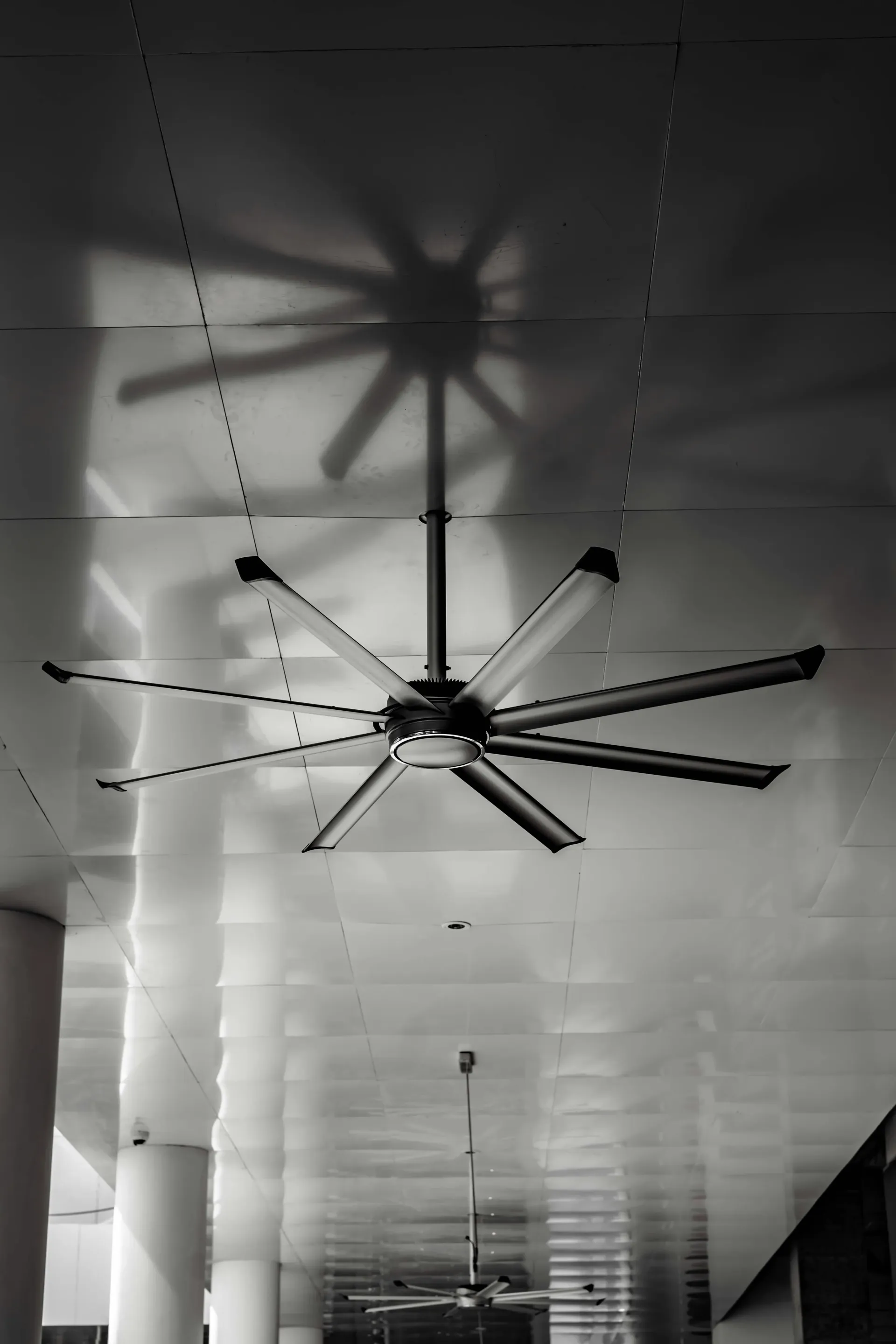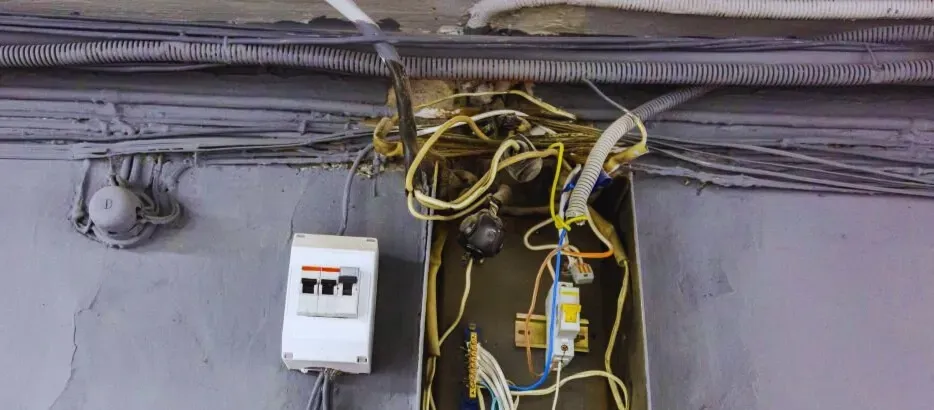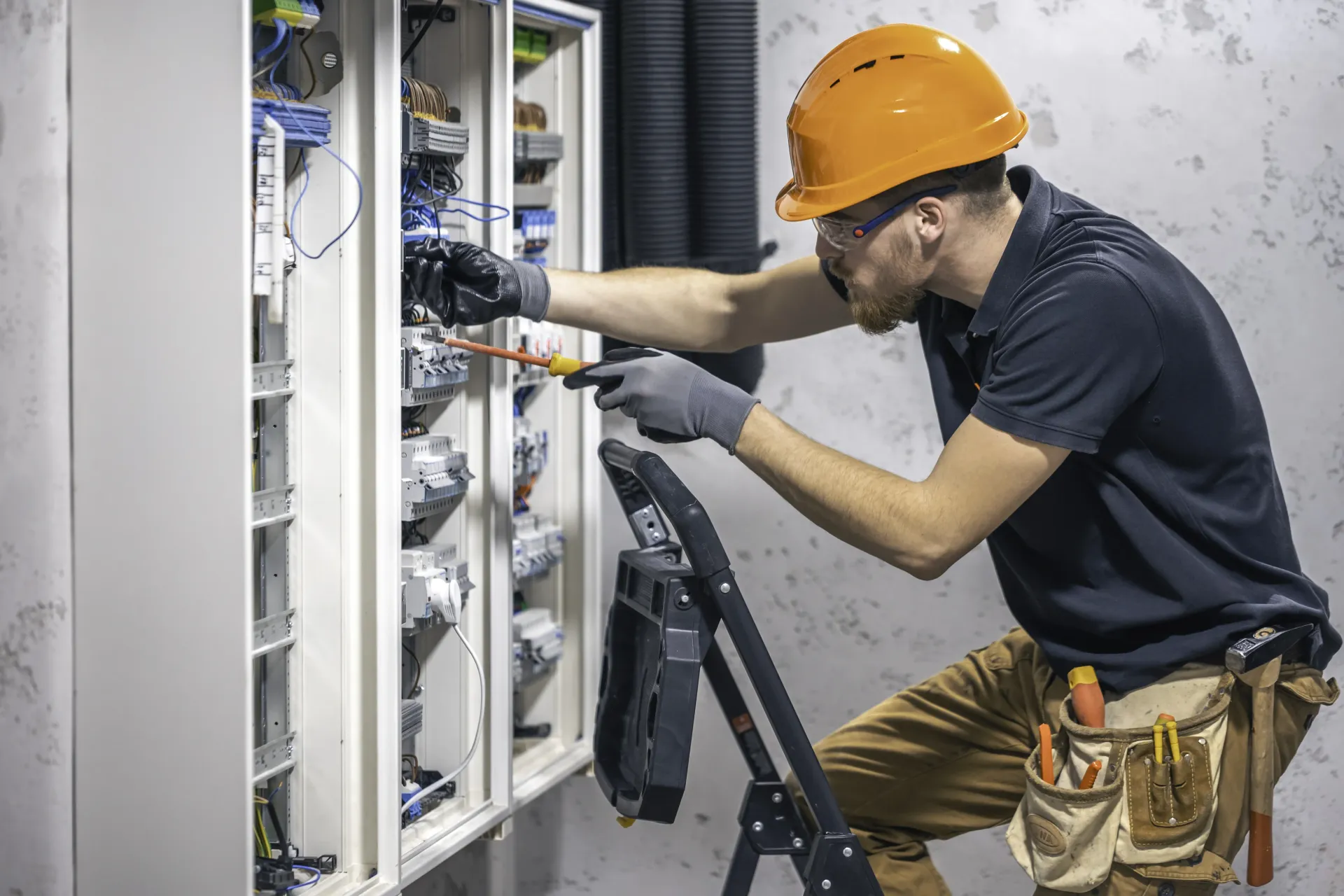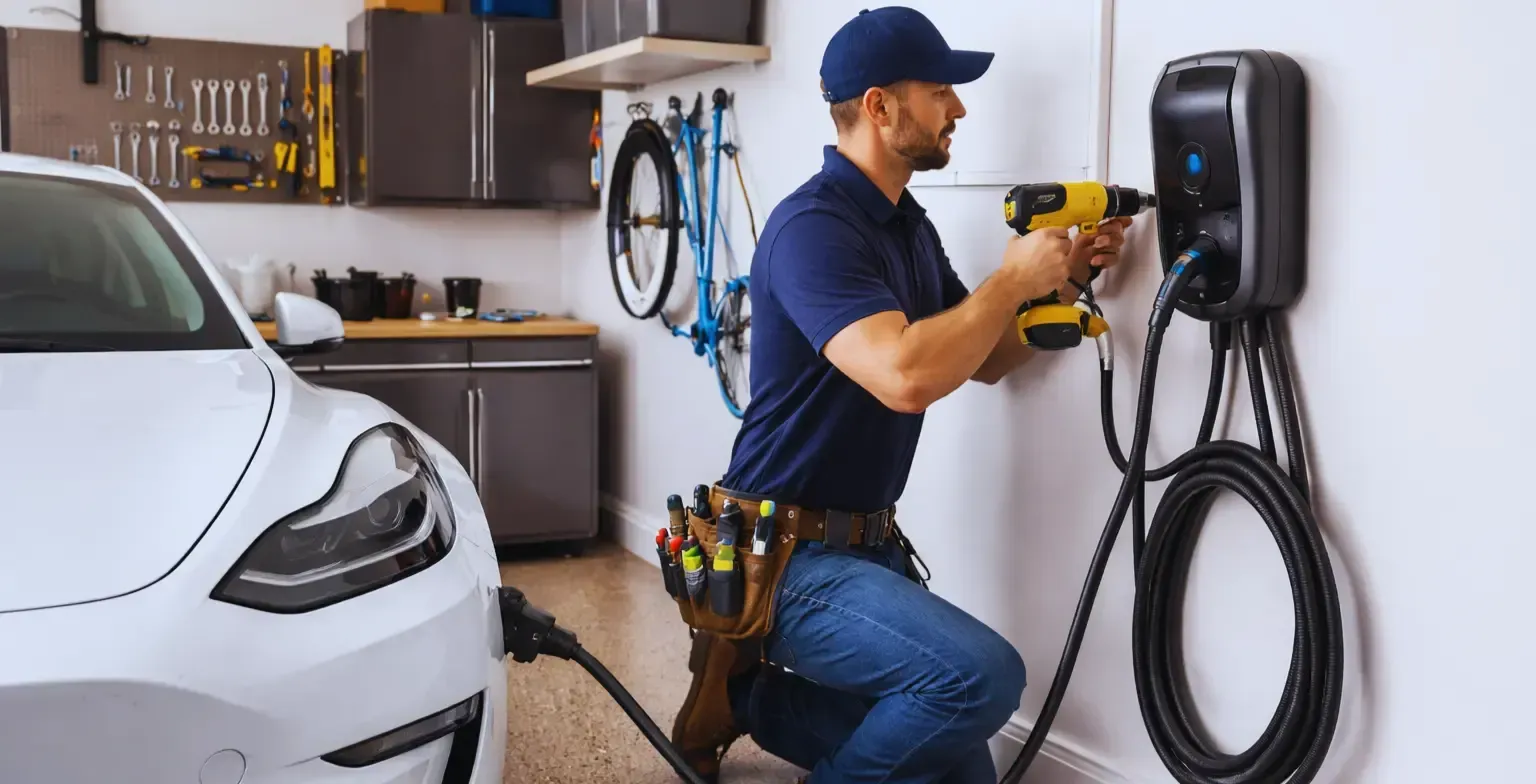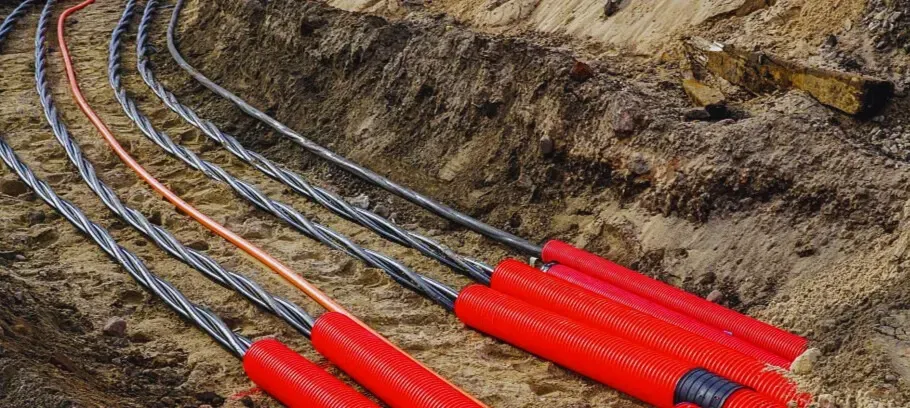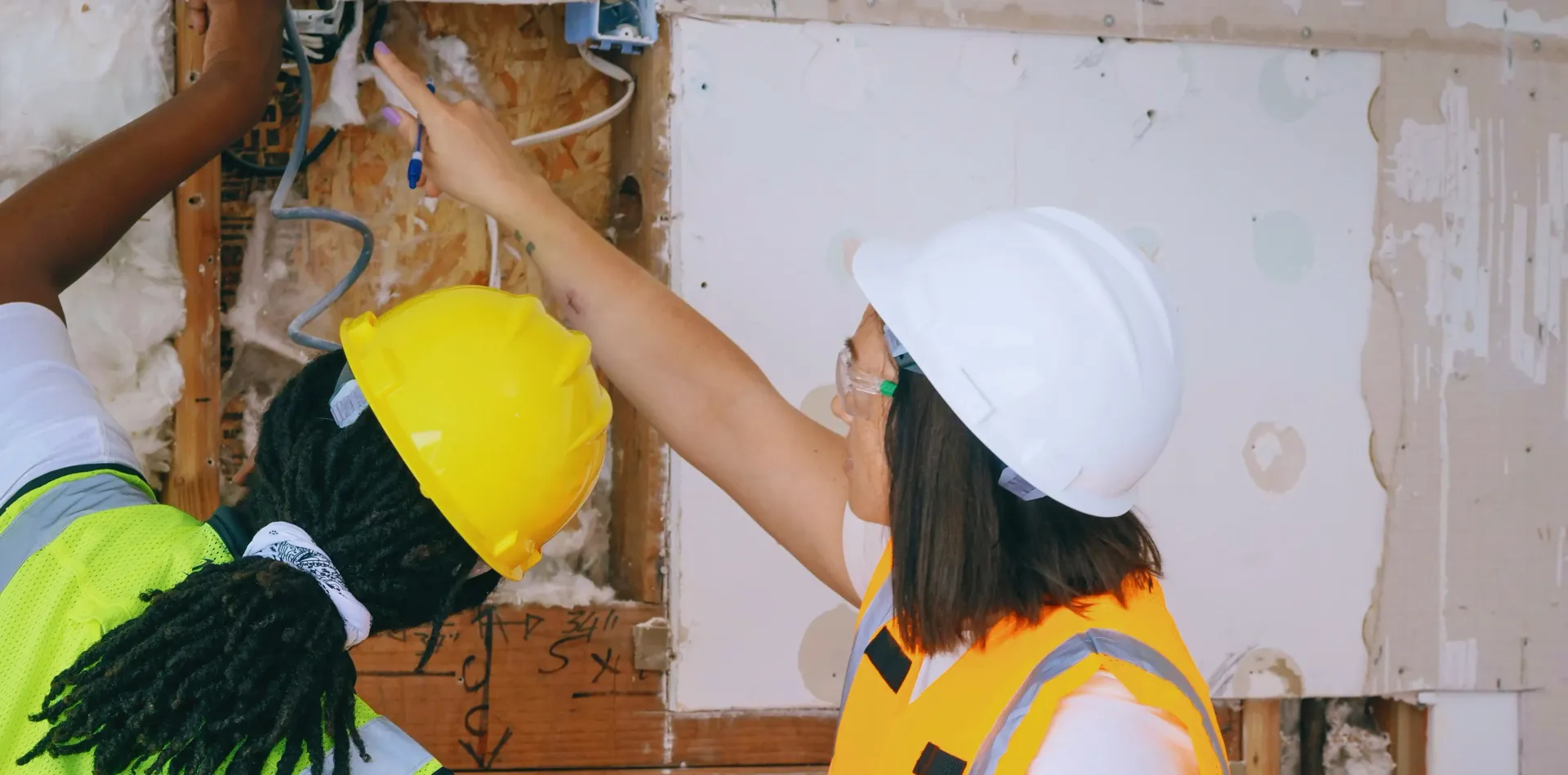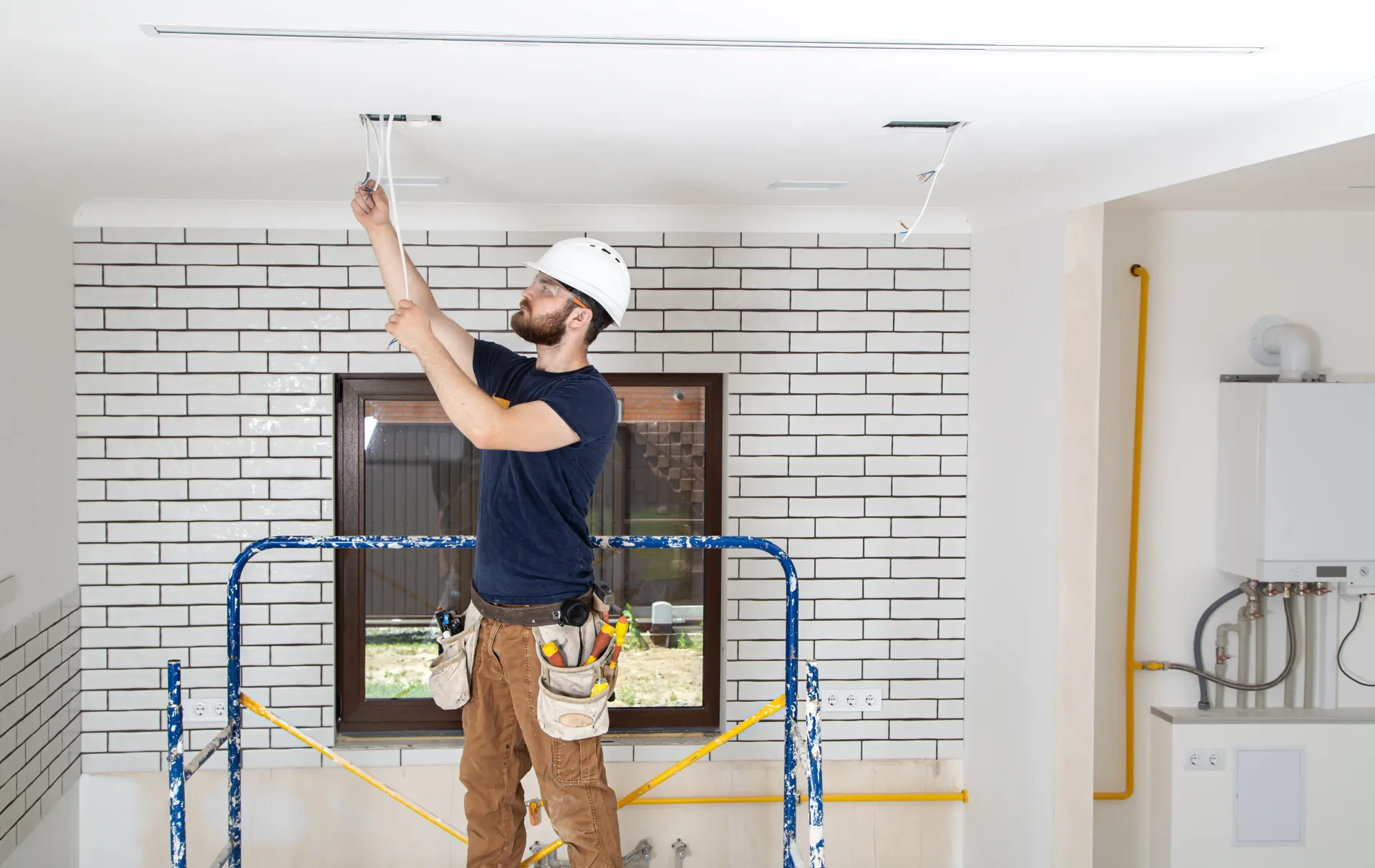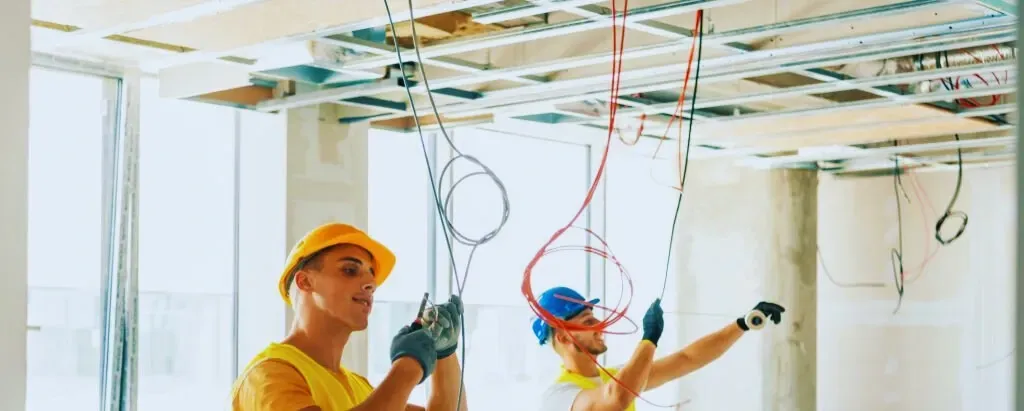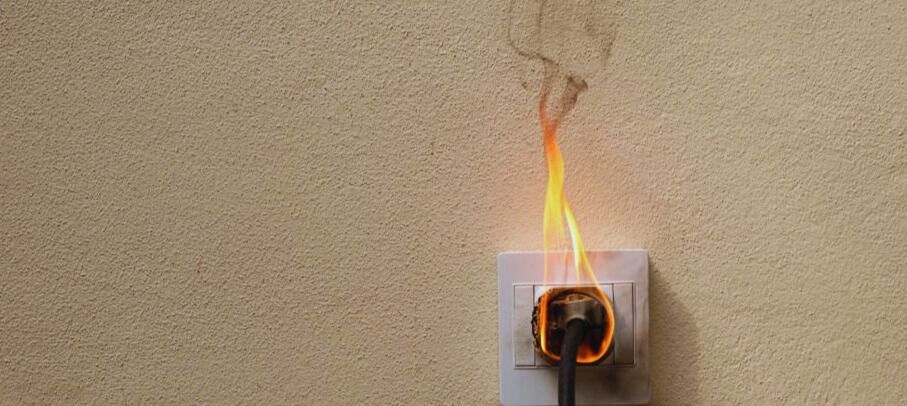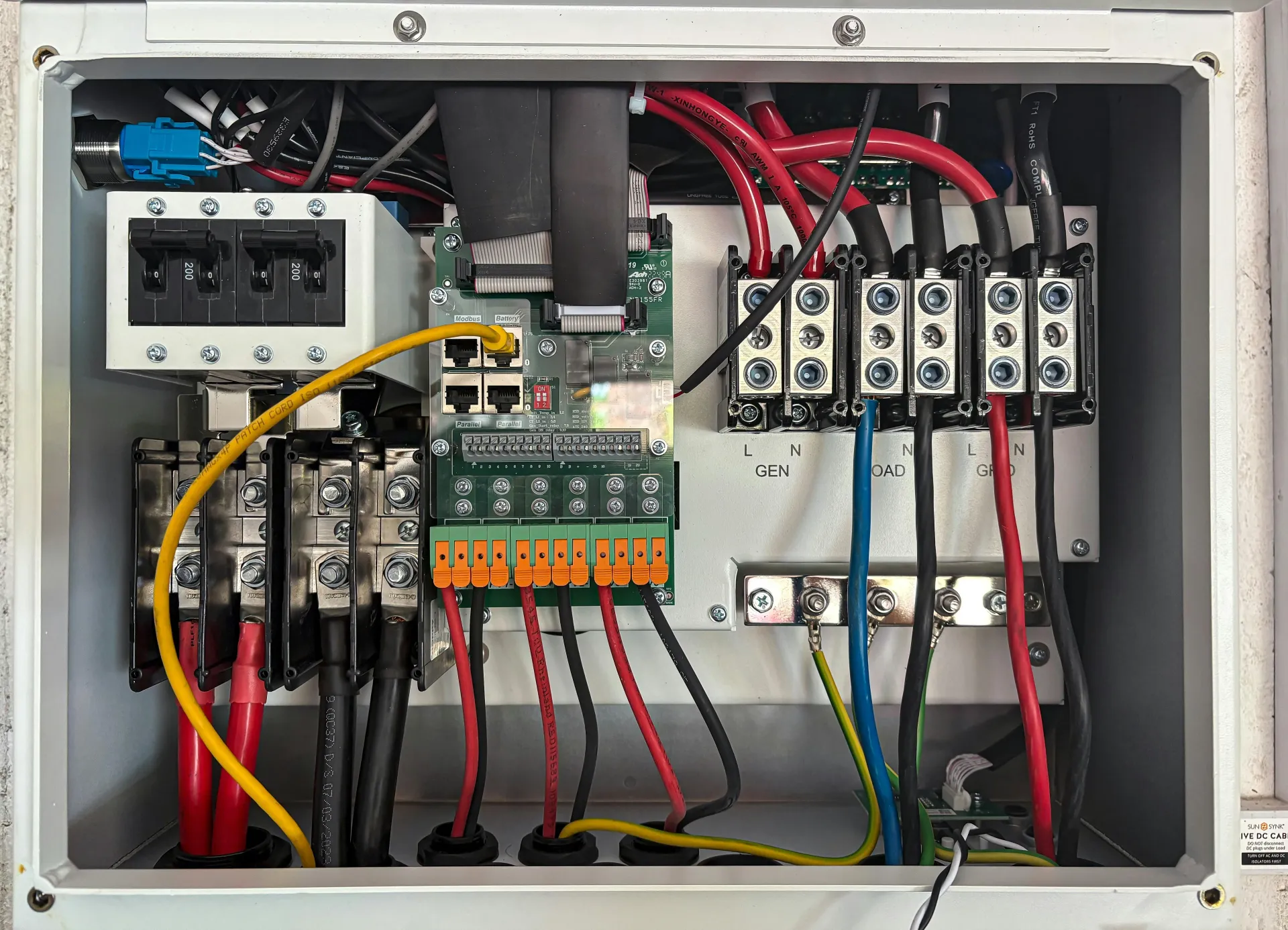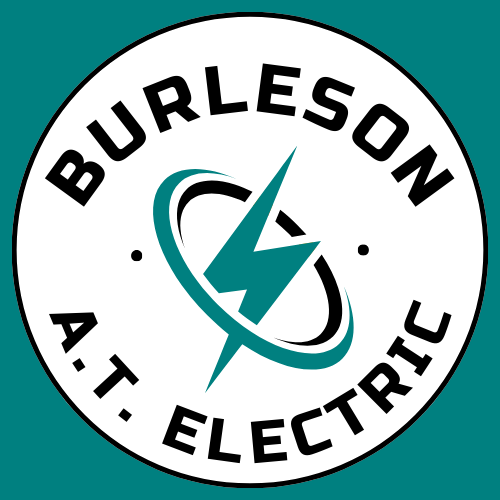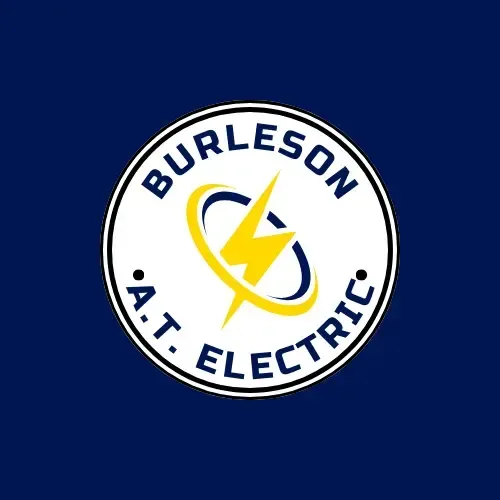Electrical Mistakes That Can Destroy Your Appliances—and How to Prevent Them
Learn about the top electrical mistakes that can destroy your appliances and how to prevent them with expert tips and proven safety measures. Protect your home and electronics from costly damage.
Introduction to Electrical Mistakes and Appliance Damage
Your home is filled with expensive and essential appliances—fridges, TVs, computers, washers, and even your beloved coffee maker. But what many homeowners don’t realize is that small electrical errors or overlooked hazards can quickly destroy these valuable items. From flickering lights to outdated circuit panels, the risks are more common—and dangerous—than you might think.
In this guide, we’ll dive into the top electrical mistakes that can destroy your appliances, show you how to spot them early, and explain what you can do to keep your home safe and efficient. Because once damage happens, it can be expensive and irreversible.
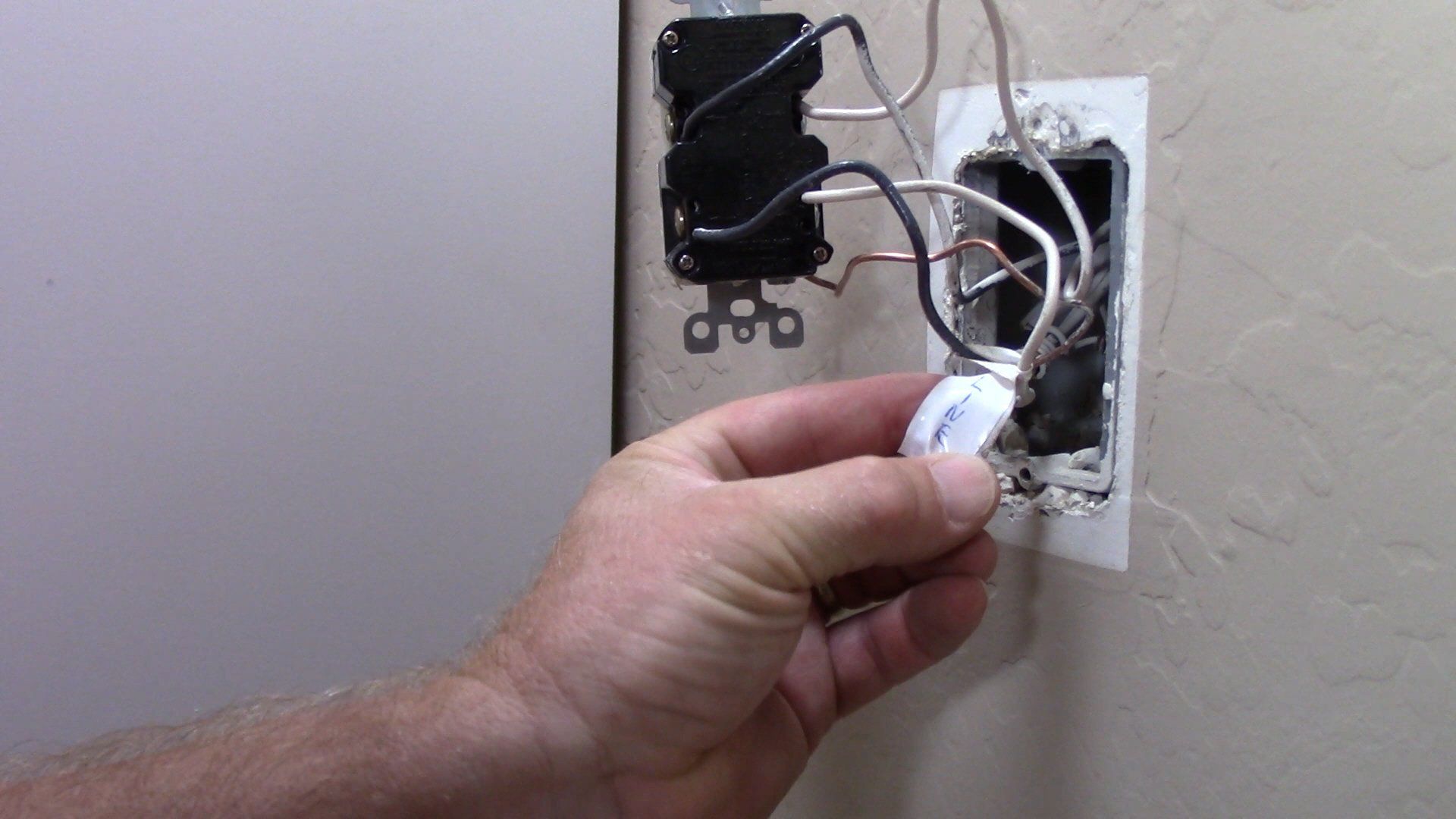
Top Electrical Mistakes That Can Destroy Your Appliances
Overloaded Circuits and Why They’re So Dangerous
Plugging too many devices into a single outlet may seem harmless—until the breaker trips or worse, a fire starts. An overloaded circuit pushes more current through wires than they can safely handle, leading to overheating. That extra stress can fry your appliance’s internal components, leaving you with a hefty replacement bill.
Prevention Tip: Avoid multi-plug adapters and extension cords for heavy appliances. Instead, consider installing additional circuits with the help of a professional Electrical Service.
Outdated Wiring Systems in Modern Homes
Old homes often come with old wiring. Aluminum wiring, for example, expands and contracts more than copper, causing loose connections and overheating. Even if your lights still turn on, outdated wiring can silently damage your appliances over time.
Prevention Tip: If your house was built before the 1980s, have it inspected and consider a wiring upgrade.
Using Low-Quality or Counterfeit Extension Cords
Not all cords are created equal. Cheap, uncertified extension cords may not be rated for the appliances they're connected to. They often lack adequate insulation, which can lead to overheating, short circuits, or even sparking—putting both your appliance and your home in danger.
Prevention Tip: Always buy extension cords with UL or ETL listings and match the cord’s power rating to your appliance’s needs.
Improper Grounding of Electrical Systems
Grounding is critical. It directs excess electricity safely into the earth during a surge or short. Without proper grounding, your appliance becomes the path of least resistance—and it’ll pay the price. Electrocution risks and fried electronics are common consequences.
Prevention Tip: Ensure your outlets are three-pronged and your panel is grounded correctly. If unsure, get a professional inspection.
Ignoring Power Surges and Lightning Protection
Surges aren’t just caused by lightning. Everyday things like switching on a high-powered appliance can create mini-surges that wear down sensitive electronics over time. A single major surge, however, can instantly destroy your devices.
Prevention Tip: Use high-quality surge protectors and consider a whole-house surge suppression system.
Plugging Appliances into Unprotected Outlets
Unprotected outlets offer zero defense against voltage spikes. Many homeowners plug expensive gear directly into the wall without realizing how vulnerable they are. This mistake can lead to blown fuses, melted cords, or internal component failure in appliances.
Prevention Tip: Install surge-protected power strips or GFCI outlets, especially in kitchens and bathrooms.
DIY Electrical Repairs Without Proper Knowledge
YouTube may offer hundreds of tutorials, but home electrical systems aren't the place for guesswork. Even a small miswire can lead to overheating, electrical shock, or appliance failure.
Prevention Tip: Hire a certified electrician for any electrical upgrades or repairs. Visit a reliable Electrical Service provider in your area.
Inadequate Circuit Breaker Panels
Old or undersized breaker panels can't handle modern electrical loads. When the panel fails to trip properly, it can let too much current pass through, damaging sensitive equipment like microwaves or computers.
Prevention Tip: Upgrade to a newer panel that can handle current demands with circuit breakers, not fuses.
Installing the Wrong Fuse Types
Fuses must match the current rating of your circuits. Using a fuse with a higher rating than the wire can safely handle is like installing a ticking time bomb. The appliance may not blow right away, but internal damage accumulates quickly.
Prevention Tip: Match fuses to their intended amperage and never substitute without professional advice.
Loose Connections and Faulty Outlets
Loose wires create resistance, which produces heat. That heat can char outlets, melt insulation, and slowly damage anything plugged into them. If you ever smell burning plastic or notice blackened outlets, act fast.
Prevention Tip: Replace damaged outlets immediately and have an electrician tighten loose connections.
Overlooking Arc Faults and Short Circuits
Arc faults are dangerous electrical discharges that occur when connections are compromised. These sudden bursts can fry electronics in an instant and even lead to fires.
Prevention Tip: Install AFCI (Arc-Fault Circuit Interrupters) breakers for better protection in your electrical panel.
How to Prevent Electrical Damage to Appliances
Hire Licensed Electricians for All Electrical Service
Appliance damage often begins with poor installation or bad wiring decisions. A licensed electrician ensures everything—from wiring to outlet types—is safe and up to code. Don’t take chances with DIY shortcuts.
Need help? Reach out to trusted experts in Electrical Service.
Install Surge Protectors and Whole-Home Protection
Don’t just rely on basic outlet strips. A combination of point-of-use surge protectors and whole-house surge protection offers layered defense against power fluctuations that ruin your appliances.
Upgrade Outdated Panels and Wiring
Modern appliances demand more power. If your home’s electrical system isn’t equipped to handle it, you’re risking overheating, inefficiency, and permanent damage.
Solution: Upgrade to a 200-amp service panel and replace cloth or aluminum wiring with copper.
Perform Regular Electrical Inspections
Regular checks by certified professionals can catch worn wires, overloaded breakers, and more—before they become big problems. Think of it like a doctor’s visit for your house.
Schedule an inspection through the Contact page of a certified service provider.
Use Appliances Within Their Rated Load
Never connect a 1500-watt heater to an outlet meant for 800 watts. Exceeding the rated load causes breakers to trip, wires to overheat, and circuits to fail.
Tip: Check appliance labels and match them to outlet and circuit capacities.
Label and Organize Circuit Breakers Clearly
Labeling breakers saves time and protects devices. If something goes wrong, knowing which breaker controls which area prevents accidental shutoffs or overloads.
Bonus: Labeling also helps emergency electricians work faster during service calls.
Top Electrical Mistakes That Can Destroy Your Appliances
Electrical errors are more than just minor oversights—they can be catastrophic. Whether it's an old breaker panel, an overloaded circuit, or using the wrong extension cord, each mistake opens the door to serious appliance damage or even a fire. Recognizing these dangers early is key. More importantly, taking action to prevent them can save you thousands of dollars and provide peace of mind.
Make it a habit to audit your electrical setup and consult professionals when needed. A small investment now can prevent major losses later.
Frequently Asked Questions (FAQs)
What causes appliances to short circuit?
Appliances short circuit when there's a sudden surge of electricity or a direct contact between hot and neutral wires, often due to faulty wiring or overloaded circuits.
Can a power surge permanently damage a refrigerator?
Yes, a strong enough surge can fry a fridge’s compressor or control board, leading to total failure.
How do I know if my house wiring is outdated?
Signs include flickering lights, frequently tripping breakers, buzzing outlets, and two-pronged (ungrounded) outlets.
Are surge protectors worth the cost?
Absolutely. They are a small investment that protects thousands of dollars’ worth of electronics from sudden voltage spikes.
Is it safe to plug appliances into extension cords?
Only temporarily and only if the cord is rated for the appliance’s power usage. For regular use, plug directly into a wall outlet.
Should I replace old circuit breakers?
If your breakers trip often or don’t reset, or if your panel is over 25 years old, it's wise to replace them for safety and efficiency.
Conclusion: Stay Smart, Stay Protected
Understanding the top electrical mistakes that can destroy your appliances is the first step to protecting your home and everything in it. From simple practices like using proper extension cords to major updates like panel upgrades, each effort helps create a safer, more efficient home environment.
Your appliances are investments—treat them with care by addressing the electrical systems that support them. When in doubt, don’t DIY. Turn to licensed professionals for help with any upgrades, inspections, or repairs. Your home—and your wallet—will thank you.
Links
